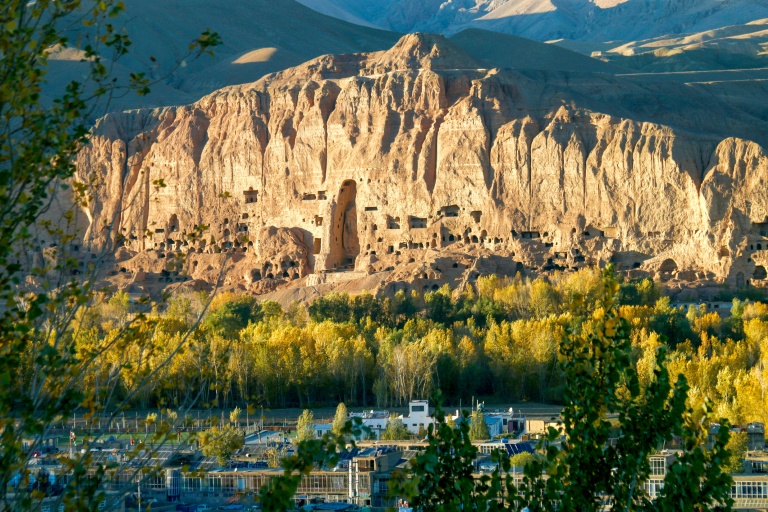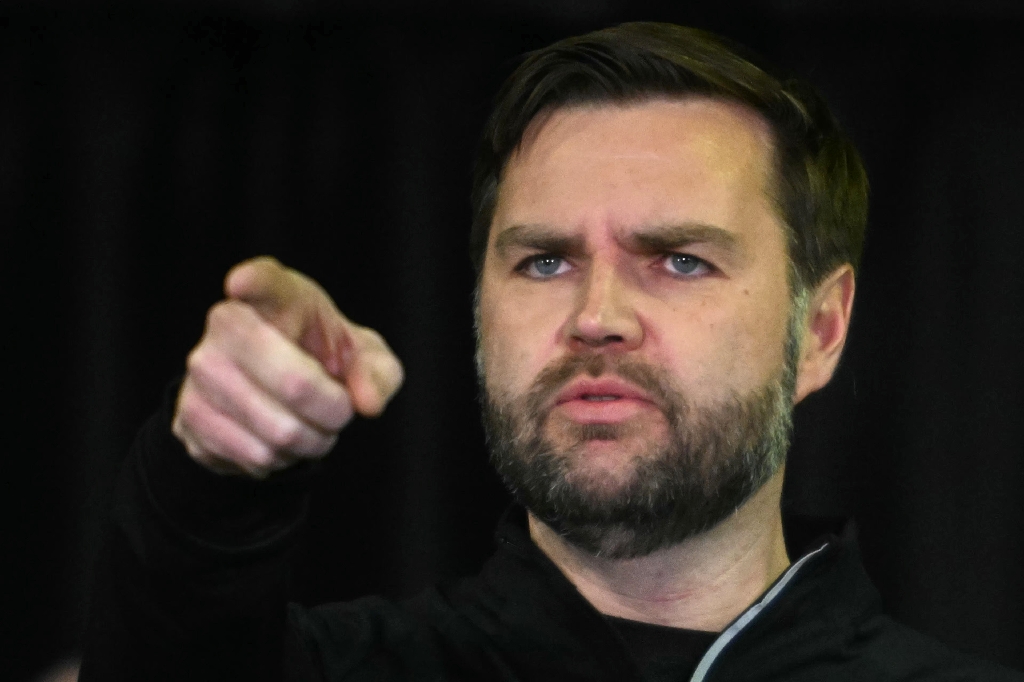(AFP) – The US Senate passed a sweeping social media safety package Tuesday that would force tech companies to do more to protect children — the first major legislation targeting Silicon Valley in a generation. Social media giants like Meta and X have been confronting a torrent of political anger for not putting in guardrails to thwart online dangers for children, including from sexual predators and teen suicide.
A rare sign of cross-party unity in an increasingly rancorous election year, the Kids Online Safety Act (KOSA) and the Children and Teens’ Online Privacy Protection Act (COPPA 2.0) were passed in an overwhelmingly bipartisan vote with just three dissenters. But the bills face an uncertain path through the House of Representatives, where Republican Speaker Mike Johnson has spoken broadly in favor of the package but has not scheduled a vote.
“Today is a momentous day. The Senate keeps its promise to every parent who has lost a child because of the risks of social media,” said Senate Majority Leader Chuck Schumer said in a statement. While there is widespread agreement in a politically divided Congress on curbing the negative impacts of social media, there has never been a united path on how to go about doing so.
The legislation was drawn up in consultation with parents of teens who had been bullied or sexually exploited but has been opposed by some free speech groups worried it could lead to censorship.
– ‘Duty of care’ –
House members are on their summer recess and will almost certainly be focusing on averting a looming government shutdown when they return in September. But Schumer called on the lower chamber to pass the bills immediately on its return, urging lawmakers to “seize the opportunity to send them to the president’s desk.”
KOSA would establish a “duty of care” obligation on the online platforms that would demand special provisions be put in place to shield minors from toxic content. Supported by Microsoft, X, and Snap, the company that owns Snapchat, the legislation would require companies to give users a dedicated page to report harmful content — including sexual exploitation, online bullying, the promotion of suicide, and eating disorders.
In January, Meta CEO Mark Zuckerberg gave a public apology to the families of victims at the Senate Judiciary Committee as hostile lawmakers grilled tech CEOs over the dangers that children face on social media. “I’m sorry for everything you have all been through,” he said. “No one should go through the things that your families have suffered.”
– Censorship fears –
Seven LGBTQ advocacy groups initially opposed to the bill changed their position after changes they said mitigated concerns that teens would be limited in accessing information about gender identity, sexuality, and reproductive health. But free speech groups including the American Civil Liberties Union (ACLU) have argued the definition of harm is too broad and that it could lead to censorship.
“KOSA compounds nationwide attacks on young people’s right to learn and access information, on and offline,” said Jenna Leventoff, senior policy counsel at the ACLU. Evan Greer, director of Fight for the Future, told reporters that KOSA was “a blank check for censorship of any piece of content that an administration could claim is harmful to kids.”
COPPA 2.0 would beef up legislation passed in 1998, in the earlier days of the internet. It would require privacy standards for Americans aged under 17 and outlaw online advertising targeted at children and teens — requiring companies to allow users to delete personal information.
“Too many kids experience relentless promotion of suicide or substance abuse material. Too many kids have their personal data collected and then used nefariously,” Schumer said. “With studies showing that kids today spend more time on social media than ever before, now is the moment to pass KOSA, pass COPPA, and instill guardrails that protect kids from these risks.”
– Frankie TAGGART
© 2024 AFP




